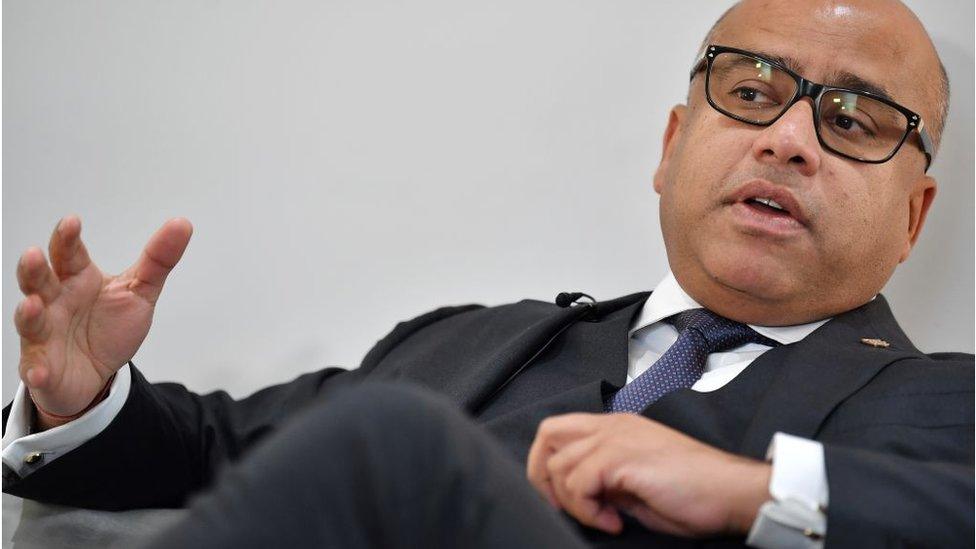Liberty Steel nationalisation is unlikely, says Kwasi Kwarteng
- Published
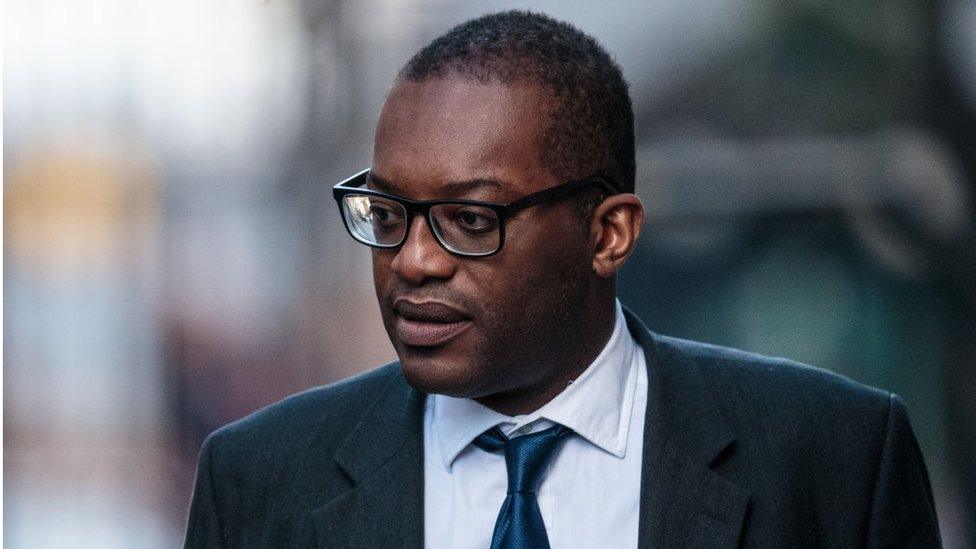
Nationalisation is the least likely option to keep Liberty Steel afloat and save thousands of jobs, according to the government.
Business Secretary Kwasi Kwarteng said the UK steel mills that are up for sale are "good assets" which are likely to find buyers.
He added that the current owner, Sanjeev Gupta's GFG Alliance, is in the process of refinancing.
GFG fell into difficulty in March when its main backer, Greensill, collapsed.
Taking the steel mills into state ownership was one measure thought to be under consideration, with the government under pressure to do whatever it takes to save the jobs.
When asked by MPs on business select committee whether Liberty Steel plants in the UK are viable, Mr Kwarteng said there's a "healthy interest" in buying the assets.
"The assets fundamentally are good assets, the workforce is skilled and dedicated, the managers of the plant are very experienced," Mr Kwarteng said.
"The issue that Liberty had... was to do with financial engineering, the opaque bit if you like, of GFG. The leverage, the finance, the debt that they'd incurred. All of that was what I think put a lot of pressure on those businesses," he said.
He added: "Without that I think there's a healthy interest in the assets and I think they have a viable future... It's decarbonised, it's clean, and there's a demand for their product."
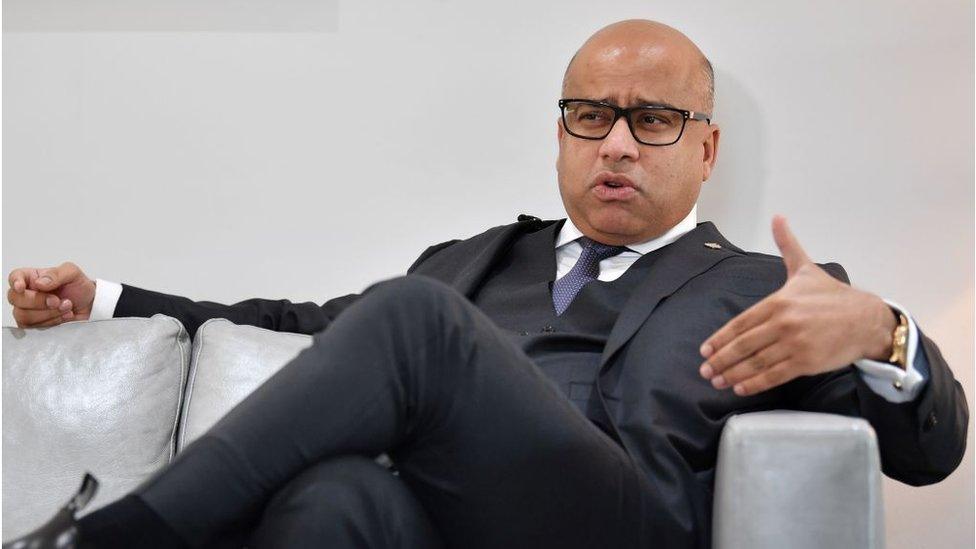
Plants for sale
On Monday Liberty Steel said it would be sell its specialist steel plant in Stocksbridge as part of a restructuring plan.
The sale is set to include Stocksbridge's mill at Brinsworth, and Performance Steels at West Bromwich.
Mr Gupta has been struggling to finance his UK businesses.
There are about 3,000 staff directly employed at Liberty's UK sites, which include Rotherham, Motherwell and Newport, and a further 2,000 jobs at GFG Alliance in the UK.
Asked what support the government was considering for the steel sites, Mr Kwarteng said he was looking at all options.
"Nationalisation is an extreme occurrence which is unlikely to happen, frankly, and my view has been vindicated by the fact that the assets are for sale.
"There's considerable interest in the assets and Mr Gupta, contrary to a lot of people's beliefs, actually got the thing refinanced… We've got to take him at his word and see if he can refinance the assets and I'm glad to say that he's doing that."
"At the time there was a plea to nationalise, to intervene, to sign tax payers money over to him. And I resisted that. I wanted to see it play out, and it is playing out."
"I don't rule anything in or out, but nationalisation, of all the options, is the least likely," Mr Kwarteng said.
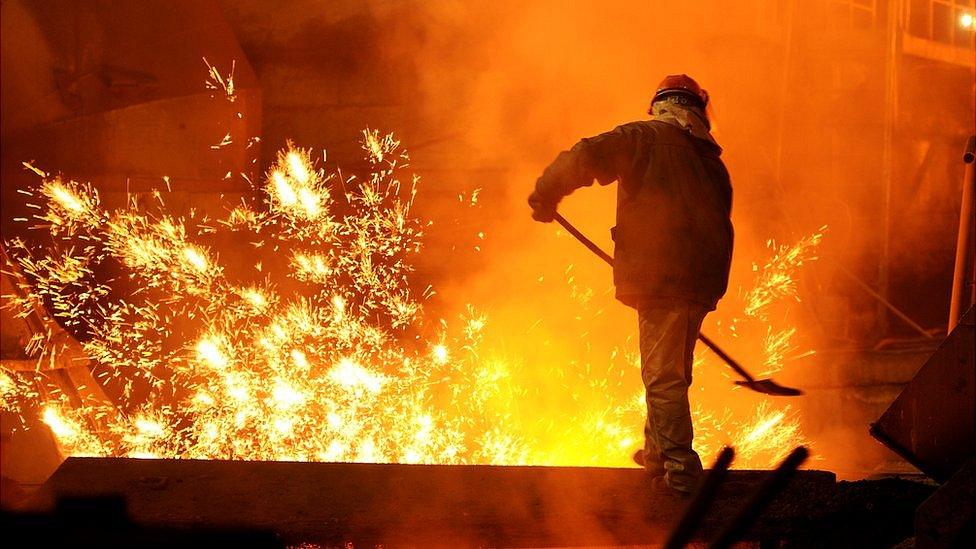
Wyelands funding
Mr Kwarteng also faced questions about Wyelands Bank, which is part of Mr Gupta's GFG Alliance, and is now facing possible liquidation.
He was asked why £46m of taxpayer-backed loans were extended during the Covid crisis to GFG Alliance last year, despite Wyelands Bank being investigated by the Bank of England back in 2019.
Mr Kwarteng said that last year the British Business Bank was "under a lot of pressure" to disburse loans, and that at the the time "there weren't, as I understand it, concerns about the particular bank".
Wyelands Bank is facing possible liquidation, while GFG has been under pressure since its biggest lender, Greensill Capital, collapsed in March.
Before Greensill's demise, ex-prime minister David Cameron lobbied the Bank of England on its behalf.
Bank of England Governor Andrew Bailey told MPs on Monday that the Bank already had concerns about Wyelands then.
He said those concerns were around "connected lending in the context of the ultimate beneficial owner who is Mr Gupta".
The Bank notified the National Crime Agency in late 2019 in relation to Wyelands, a bank that lent to investors, Mr Bailey told the Treasury committee of MPs.
The Bank then set out its concerns to the Serious Fraud Office in early 2020.
- Published24 May 2021
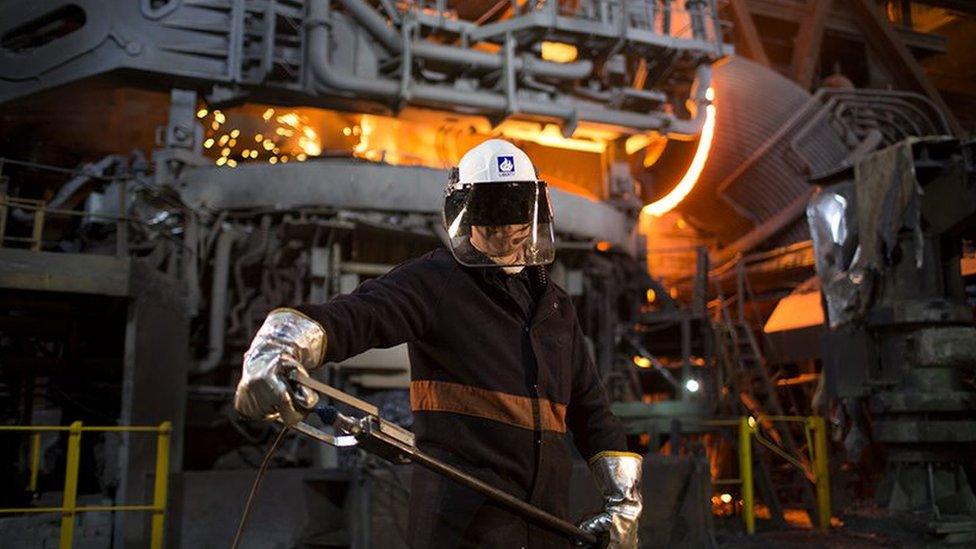
- Published24 May 2021

- Published14 May 2021
